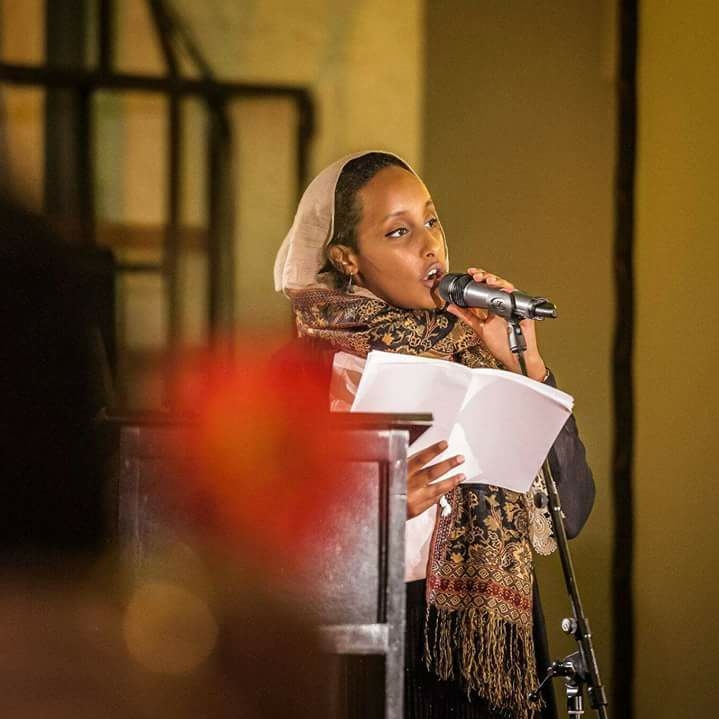For some years now, Germany has seen ever more events as part of Black History Month, generally organized by Black organizations, individuals, or interested institutions. These events express a recognition of the relevance of Black history and Black life within Germany. Although Black History Month has its origins in the context of the USA, there is basic common ground in the criticism of white and Eurocentric historiography.
At first glance, the notion of “Black” appears to be supplementary to “general history” – as if it were merely another perspective to round out traditional historiography. Yet this interpretation lacks a fundamental grasp of how history takes shape and has developed thus far, and who is involved in setting out this historiography. This may sound like a theoretical debate, but the origins of Black History Month actually lie in the critique of the violent and deadly reality of Black people in the United States.

Image via blackhistorymonth.berlin
The basic idea does not focus on the recognition of Black history and its tremendous achievements being fitted in with the white and Eurocentric historiography, but instead stems primarily from the fundamental need to consider Black people as belonging to humanity. After all, at the time when Carter G. Woodson and the “Association for the Study of Negro Life and History” (ASHL) resolved to found the initiative then still known as “Negro History Week” in 1926, in the United States social and institutional dehumanization and dethematization of Black life still prevailed. Added to which, there were regular attacks and lynchings in the USA. This meant that even after the abolition of slavery, ideological and material segregation as well as the erasure of Black life persisted.
Over the decades, the orientation of Black History Month has developed from a national to a global movement highlighting the historical, political, and cultural achievements of Black societies. With this in mind, the context of white and Western states must also be given special consideration. Often in Western states, the history and resistance of indigenous, Black and marginalized peoples is systematically erased or considered irrelevant for the nation’s history and its social consciousness, even though colonialism and capitalism created a clear power relationship at the expense of marginalized communities.

Charles Henry Alston, CARTER G. WOODSON - TEACHER, HISTORIAN, PUBLISHER, Image via WikiCommons
German colonialism and its atrocities are given scant consideration either in the school curriculum or in German historiography. What is more, European universities, museums, and private collections hold objects and even human bones from African societies that were looted and appropriated during the colonial period.
Now, though, a small number of university lecturers, historians, and Black organizations are calling for a lasting reappraisal and conducting research individually in this area. But that is not enough – what is needed is the will for reappraisal and restitution of these looted goods. Furthermore, there needs to be a change in the Western self-image in order to enact a long-term, structural reappraisal, restitution, and reparation, as well as decentralization of European historiography. Black History Month offers the opportunity to set a course towards reappraisal and remembrance, but also towards the incorporation of the interconnectedness and diversity of voices in Black history and Black life into the social and cultural consciousness. After all, resistance has been led by oppressed people who have always laid the foundations for human freedom.
